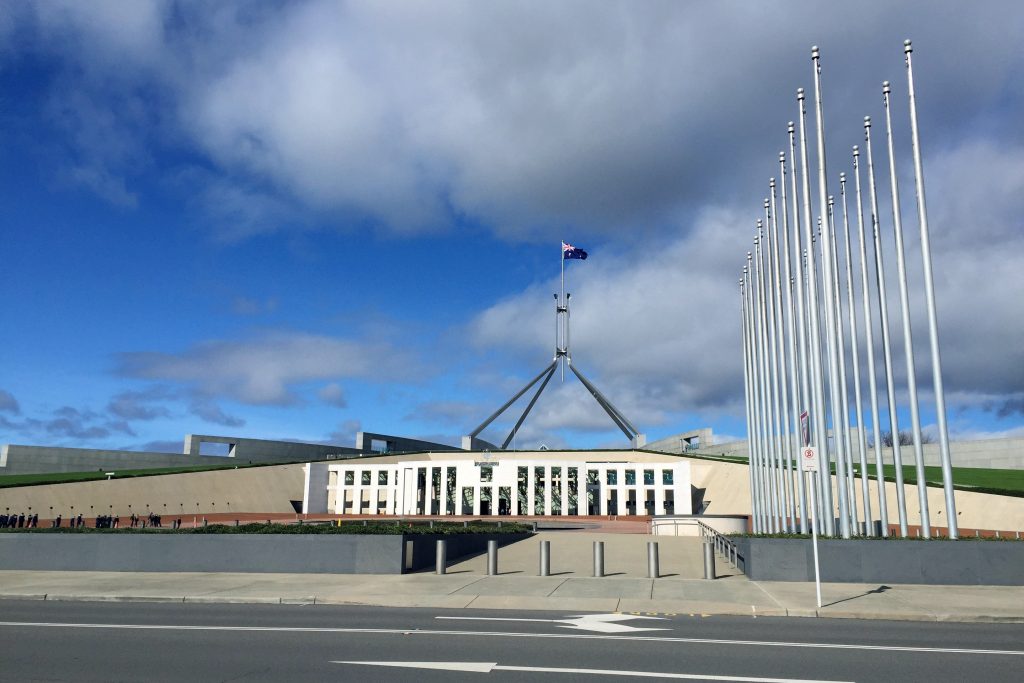
All members of religious groups deserve the right to not participate in same-sex marriage ceremonies if they hold a traditional view of marriage, the Australian Catholic Bishops Conference (ACBC) said in a submission released late last week.
The Australian Senate has established a select committee to examine draft exemptions for ministers of religion, marriage celebrants and religious groups so they do not have to participate in same-sex marriage ceremonies, should the law be changed.
The Select Committee on Same-Sex Marriage is expected to report on 13 February, 2017.
“Changing the definition of marriage would have an impact on all the members of the Catholic Church, but perhaps the most significant impact would be on ordinary parishioners trying to live their Catholic faith in their daily lives,” Archbishop Anthony Fisher, Chair of the ACBC’s Commission for Family, Youth and Life, said.
“So while the ACBC appreciates the basic protections offered, it must acknowledge that there are no protections offered for the vast majority of the faithful who wish to continue to practise their beliefs.
“People should be free to decline to endorse by participation, activities or ceremonies that are contrary to their beliefs. For example, people may decline to involve their businesses in activities that they consider may be harmful to the community or which may be harmful to the environment.
“Likewise, in the case of same-sex marriage, people with a conscientious objection should be free to decline to be involved, including where their business is approached to provide services.
Archbishop Fisher said that when services were declined, the sexual orientation of the person involved was not the point at issue, since Christians and their businesses serve people of all backgrounds without question every day.
“The issue is whether they wish to endorse someone else’s activity or belief by providing marriage counselling and preparation, a wedding reception venue, or some other support for a same-sex wedding ceremony or celebration,” he said.
“If religious liberty is not given greater support than the minimal exemptions allowed, any redefinition of marriage in law is very likely to infringe upon the right of faith-based schools to choose staff that accord with their beliefs and mission, and upon the right of parents and families to choose a school that accords with their beliefs and best suits their child.”
A copy of the full submission is available Here.